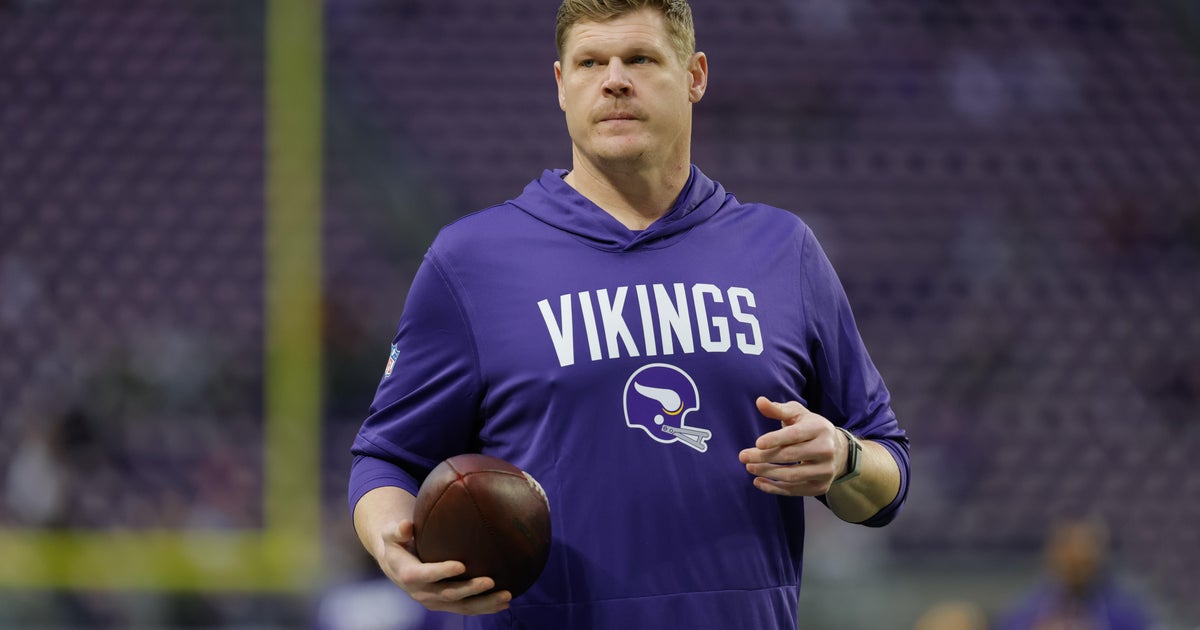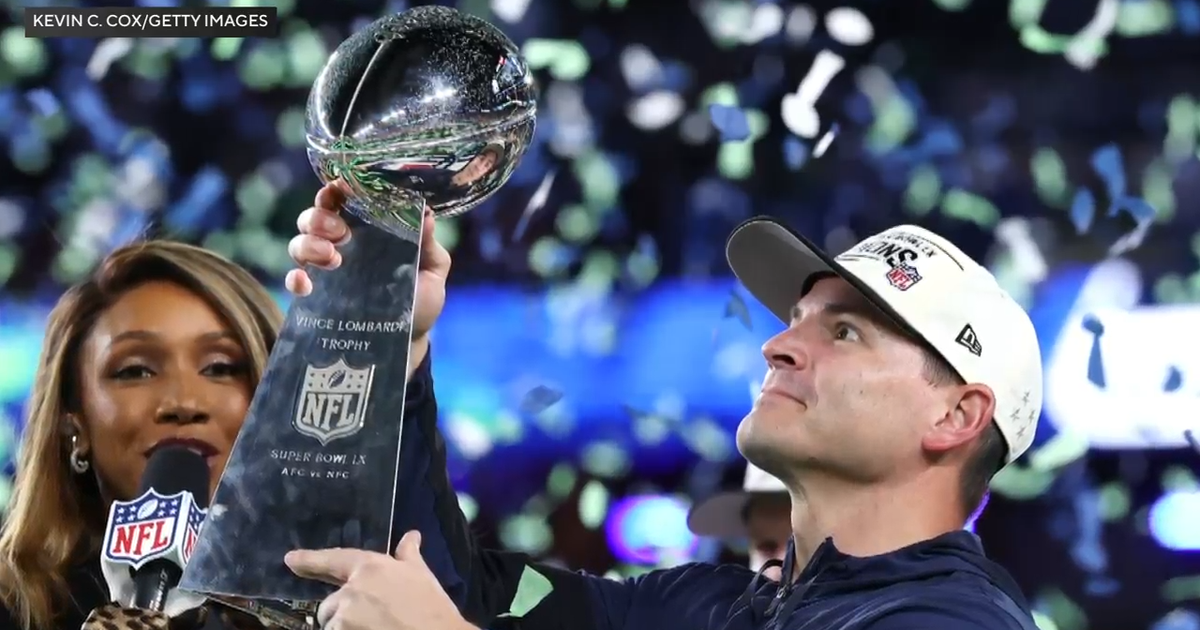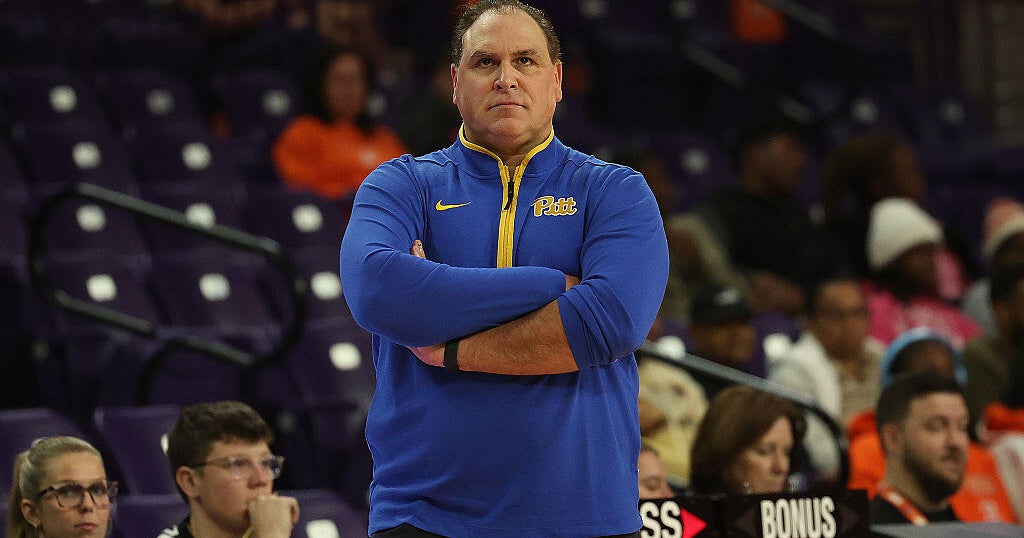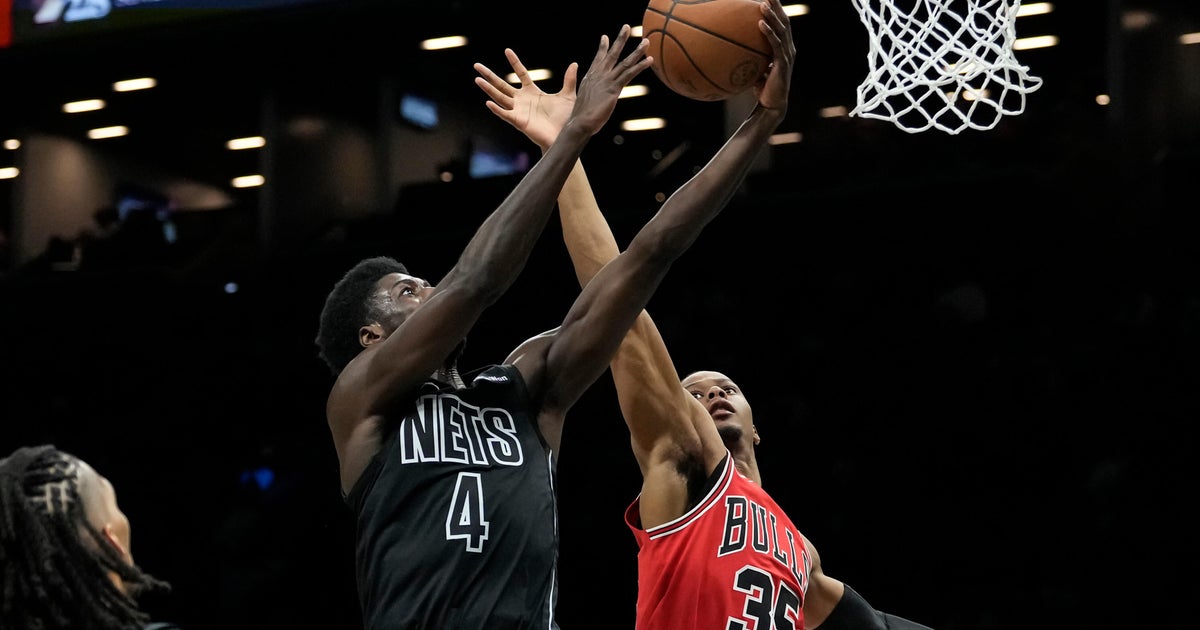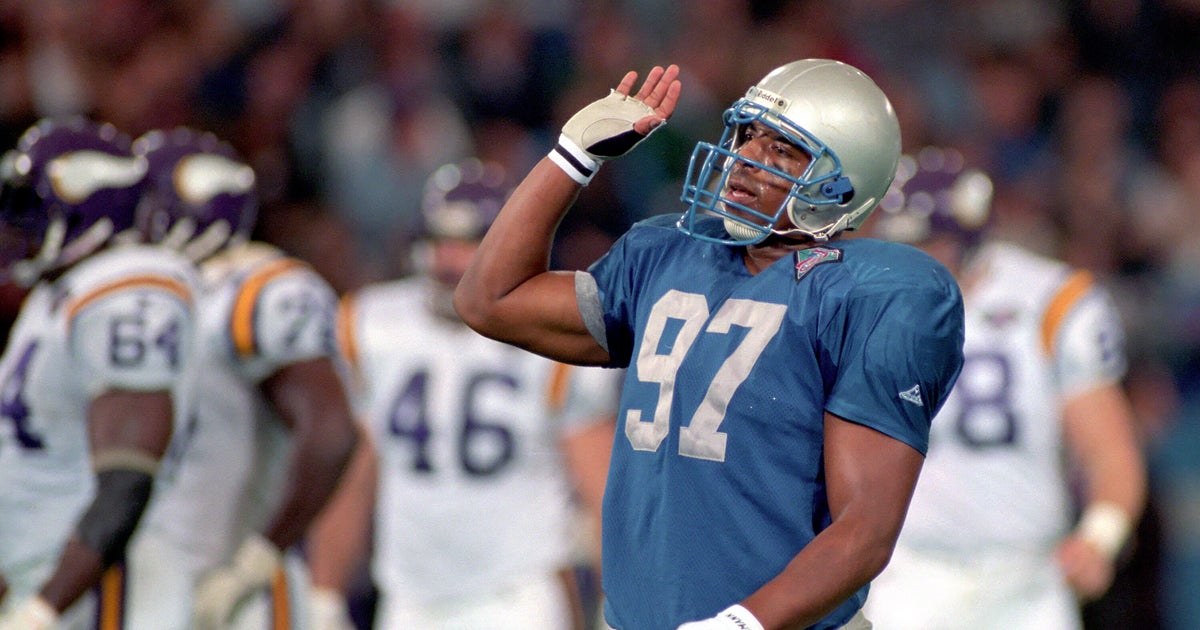Durkin: Know Your Opponent - Philadelphia Eagles
By Dan Durkin-
(CBS) Philadelphia Eagles head coach Chip Kelly has endured quite a ride in his rookie campaign.
His much anticipated hiring was met with a mixture of intrigue and skepticism. Would his offensive system translate to the NFL and serve as a watershed moment, where unconventional becomes conventional? Or would he simply become Steve Spurrier 2.0?
Fifteen weeks into the season, the Eagles (8-6) are perched atop the NFC East and are in control of their playoff destiny. Clearly, Kelly's doing something right.
However, the skepticism was understandable.
Unlike FBS, where Kelly had the benefit of 85 scholarship players to field 22 positions, the NFL operates with rigid roster rules and an overarching salary cap structure. Running an up-tempo attack can limit substitutions and keep defenses in their base package, but the fatigue factor cuts both ways when you can't deploy waves of players.
Kelly's passing system at Oregon also took advantage of field dimension. In college, hash marks are 21.5 feet wider and 10 feet closer to the sidelines. As such, Kelly schemed a variety of horizontal and angled route combinations to the wide side of the field. So would college passing concepts like "field" (wide side) and "boundary" (short side) be marginalized by the NFL's narrow hash marks?
Additionally, in a league where the most prized possessions - quarterbacks - are also the most expensive commodities, could Kelly use read-option as a base offense and expose quarterbacks to unlegislated hits outside of the pocket?
In their season opener, Kelly's Eagles mesmerized NFL audiences and the Redskins defense with dizzying formations run at breakneck speed. However, the second half of that game provided a glimpse into Kelly's wonky play-calling when his team is playing with a lead.
On the field, the Eagles have gone through some turnover at the quarterback position.
While he'd lost a step from the "Michael Vick Experience" days, Vick was seemingly an ideal fit to run Kelly's system from a physical standpoint. Vick's running ability, ultra-quick release, and arm strength earned him the starting job out of training camp.
However, one factor that tends to get overlooked in Kelly's scheme is it's largely rooted in simplicity.
Kelly empowers his quarterback to "read the box" and make pre and post-snap determinations about which play is best suited for the defensive alignment that is presented. By spreading defenses out, he schemes numerical advantages on specific areas of the field, and deploys combination or "packaged" reads for quarterbacks to decisively and quickly get the ball into the hands of their speedy playmakers.
Where it became challenging for Vick was in instances where the plays weren't predetermined and he had to anticipate coverages and keep his eyes down the field to make proper reads.
After dominating the Redskins in the season opener, the Eagles lost three straight. A pulled hamstring sent Vick to the bench and Nick Foles took over as the starter. Save for a concussion that knocked him out for a game and a half, Foles hasn't relinquished the job and has become one of the league's most efficient quarterbacks.
The Eagles were 2-3 when Foles took over as the starter, and they've since gone 6-2. Over this same span, Foles set a franchise-record with 237 consecutive passes without an interception, throwing 23 touchdowns versus two interceptions.
In the passing game, the Eagles have used a variety of concepts: hi-lo, shallow crossers, post-corner combinations, and wheel routes to free up their speedy weapons in space, and Foles has been precise with his coverage reads and accuracy.
DeSean Jackson is the most dangerous weapon in the passing game. His quickness and vision makes him one of the league's premier open-field runners. Jackson leads the team in targets (118), receptions (75), yards (1,275), touchdowns (9), 20+ receptions (24), and receiving first downs (56).
Another target that has emerged with Foles under center is rookie tight end Zach Ertz, who played hybrid h-back/tight end/wide receiver role at Stanford. Kelly is starting to align Ertz as the backside receiver in 3x1 and 2x1 sets, where he's a mismatch against linebackers and safeties.
Tight ends with nimble feet are not only assets in Kelly's passing game, but also in the run game where they're asked to quickly get to the second level and seal an edge.
Led by LeSean McCoy (1,343 rushing yards), the Eagles run game is the league's best. They run inside zone, outside zone, and read-option to perfection, averaging nearly 153 yards per game. McCoy's lateral agility and ability to make a jump cut and be back to full speed almost instantaneously makes him a special playmaking talent.
In games where McCoy has gotten 24 or more touches, the Eagles are 7-1. So it was somewhat surprising to see them get away from him last week against the Vikings. Given the stakes of this Sunday night's game, surely the Eagles are looking at this as a golden opportunity to exploit the Bears 32nd-ranked run defense.
Scoring points hasn't been the Eagles' issue this season, stopping opponents from scoring points has been. In fact, they've twice lost games in which they scored 30 points.
After the first quarter of the season, the defense was on pace to break NFL records in yards allowed (7,148) and points (552). A schematic overhaul - from a 4-3 to a 3-4 - in the offseason contributed to these lowly totals.
However, prior to last week's meltdown in Minnesota, the Eagles hadn't allowed more than 22 points in their previous nine games. The Eagles have made strides in improving their run defense, but their pass coverage is still a liability.
Along the defensive line, the Eagles have a litany of young talented big men with movement skills. Davis schemes accordingly, running both one and two-gap principles in his fronts, deploying two and three-man lines.
Last year's first-round pick, defensive end Fletcher Cox, is blossoming into one of the league's premier defensive lineman. Cox is flanked by nose tackle Bennie Logan and defensive end Cedric Thornton, to form a stout foundation against the run.
On the edge, the Eagles line up Connor Barwin as the weak side outside linebacker and Trent Cole on the strong side. Barwin has been strong against the run, while Cole has been the team's most effective pass rusher.
Where it starts to break down for the Eagles defense is up the middle. The inside linebacker tandem of Mychal Kendricks and Demeco Ryans has struggled. Ryans has difficulty shedding blockers and Kendricks has been exposed in coverage up the vertical seam.
To put it bluntly, the Eagles secondary is a mess.
They're a poor tackling group that struggles in zone coverage and are susceptible to double moves. Their safety play - particularly Patrick Chung - has been undisciplined, leaving them vulnerable over the top. Their cornerbacks, other than Brandon Boykin, are overaggressive which exposes them to big plays. Cary Williams was beaten physically and mentally last week against the Vikings and found his way to the bench.
Just as the Eagles running attack should have its way against the Bears, the Bears wide receivers should have their way with the Eagles secondary.
Like the Bears, the Eagles could find themselves in a win-or-go home game against a divisional opponent (Dallas) in Week 17. Even so, Kelly maintains he won't rest his starters against the Bears. Playoff seeding - particularly avoiding a Divisional round trip to Seattle - is at stake for both teams, so this should be a high-scoring affair on Sunday night.
Follow Dan on Twitter: @djdurkin
